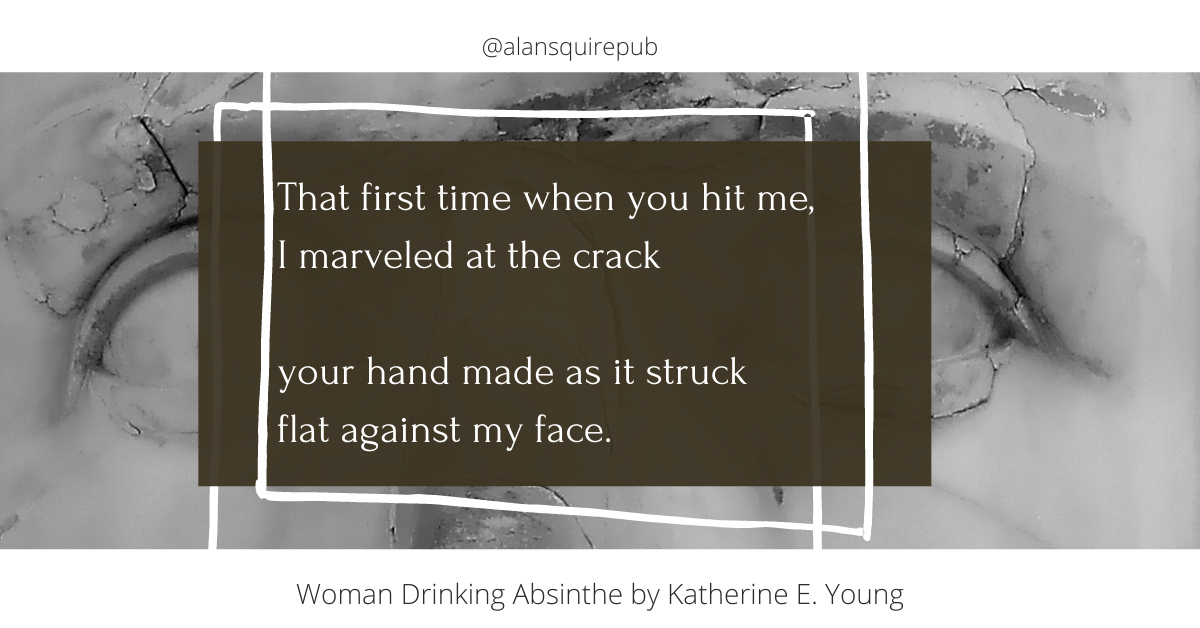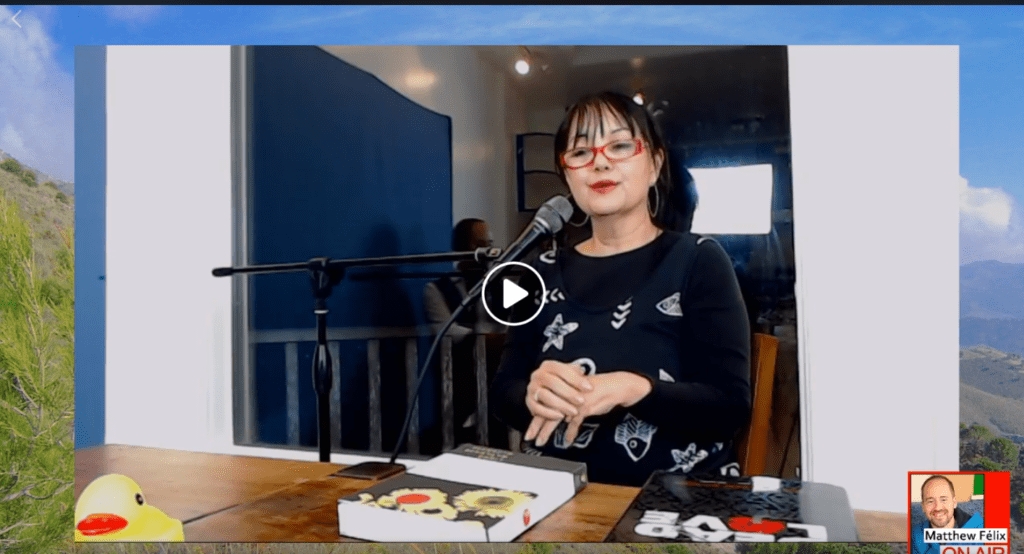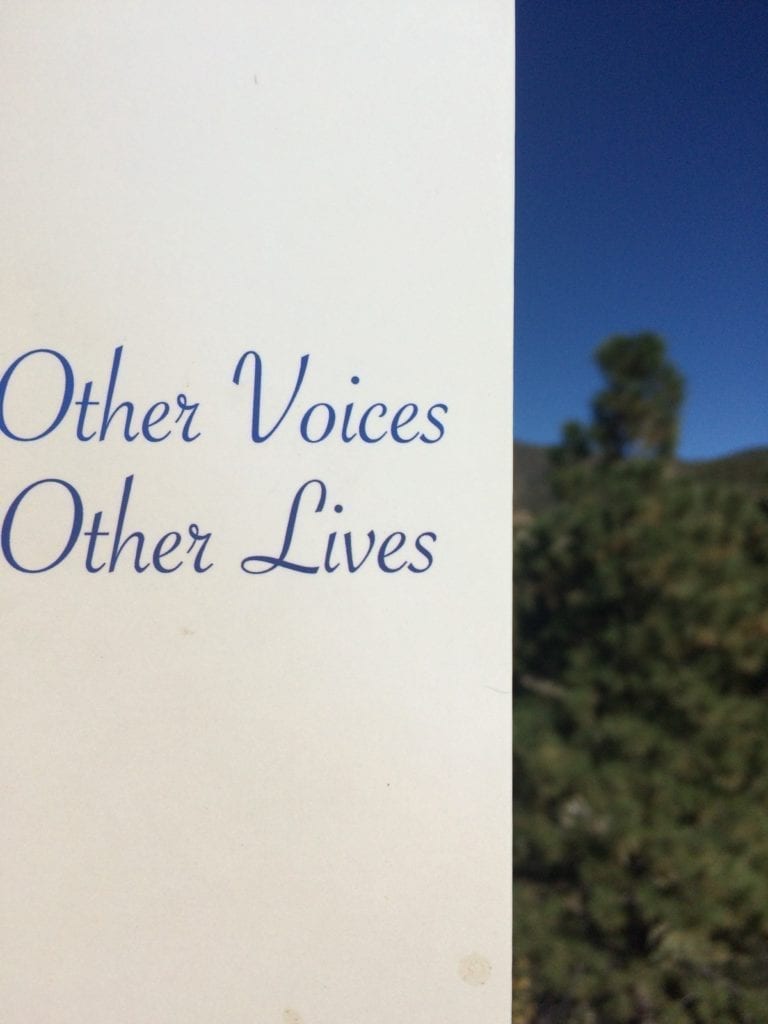WOMAN DRINKING ABSINTHE Analyzed by Billy Mills
Former Guardian Literary Journalist, Billy Mills, analyzes the conception of love in Katherine E. Young's new collection.

"Young’s core subject is love, but there’s nothing redemptive or particularly healing about its manifestations," writes Billy Mills in his analysis of Young's Woman Drinking Absinthe. Elsewhere he compares the different manifestations of this theme to coeval poets Christopher Jane Corkery and James Roome.
Mills analysis is fitting for Young's work which comes from a deeply literary place and is steeped in evocative allusion. Mills places WDA alongside the likes of Pound and Eliot in his thinking. Like these poets, Young uses unorthodox and historically informed forms and diction in her poetry.
An excerpt of Mills' analysis follows:
"The fourth (of five) sections of Katherine E. Young’s Woman Drinking Absinthe is a single sequence, ‘Place of Peace’ that takes off from a visit to the Civil War memorial at Shiloh National Military Park. The fourth section of the sequence opens with he line ‘Who doesn’t desire to be mesmerized by love?’ and ends ‘once more I fear the shadow of his hand.’ These lines could be said to serve as the twin poles of the entire collection.
For Young’s core subject is love, but there’s nothing redemptive or particularly healing about its manifestations."
The poems in Katherine E. Young’s Woman Drinking Absinthe concern themselves with transgressions. Lust, betrayal, guilt, redemption: Young employs fairy tales, opera, Impressionism, Japonisme, Euclidean geometry, Greek tragedy, wine, figs, and a little black magic to weave a tapestry that’s as old as the hills and as fresh as today’s headlines.
Linda Watanabe McFerrin Interviewed for Author Matthew Felix’s Video Podcast
Author and poet Linda Watanabe McFerrin sat down with Matthew Felix, himself an author of some renown, for Matthew’s video podcast this last weekend. What follows is an in-depth, thoughtful, and often irreverent look at writing, life, travel, and zombies. And more, we get to hear many of the juicy details on Linda’s new Legacy Book due out from ASP in Autumn 2019…
Fact or Fiction
…And so it is for me, as I send an invented “namesake” into worlds I know vicariously but haven’t lived—Hollywood and hippies, communes and con artists, Woodstock and the Summer of Love. In the opening of Melanie’s Song, J.J. is poised at the edge of the Pacific reflecting on where she has been and where she is going. She is endowed with a deep and spiritual connection to a native place we share, but I am also setting her free to fly into her own undiscovered territory.
Featured Poetry: “Bluebirds” by Grace Cavalieri
Other Voices, Other Lives was my introduction to Grace. Her book sits now on my shelf between The Waves and Duino Elegies, the pages are worn from thumbing-thru, it is dog-eared, destroyed in certain ways well-loved books are destroyed, aged by the eyes, like good denim, but here the creases are black underlines, and the fading is from yellow highlighter and coffee stains. So in honor of, well, my deep admiration for Grace, I’ve picked one of her poems from Other Voices, Other Lives to share. If this is the first encounter with her poetry, welcome, hello, the books page is just yonder up the screen under “books”! If you’ve long been a fan, I think “Bluebirds” is a great poem to share with those who might not yet have been introduced to Grace’s work.

